This Sunday I will be leading our Sunday School class through the book of Micah. Leading is a rather relative term as I’m sure some of the people in the class will have studied the book more extensively than myself. Nevertheless, I am doing my best to become familiar with the book.
During the course of my preparation, I came across the reoccurrence of the words “mountain” (הַר) and “high place” (בָּמָה). These two words appear 13 times throughout the book. The least significant occurrences are in chapters six and seven where the mountains are personified as witnesses against Israel (6:1, 2) and the regions from which all the nations will come to gather together to the Lord on his holy mountain (7:12). The most significant of these occurrences, however, occur in chapters 1 and 4.
As Micah’s prophecy against Jacob, Israel, and Samaria unfolds, God is anthropologically portrayed as departing “from his holy temple” (מֵהֵיכַ֥ל קָדְשֽׁוֹ). This statement may create initial confusion. Elsewhere, the Lord’s presence is described as departing from his holy temple in Jerusalem due to the increase of sin among his people. No longer can he reside in their presence. In Micah 1:2, however, the Lord’s holy temple resides in the heavens. This interpretation is made clear in 1:3-4.
The Lord’s descent from his holy temple is not a light-hearted affair. In Genesis the spirit is said to hover over the face of the waters, and God is said to walk among his creatures in the Garden. In the New Testament we see Jesus leaving his throne in order to humble himself in the incarnation. In Matthew we see the Spirit descending as a dove. All of these instances, and there are more, communicate creation or recreation themes. Here, though, the Lord descends as a giant. He leaves “his place” (מִמְּקוֹמ֑וֹ) and treads upon the “high places of the earth” (בָּ֥מֳתֵי אָֽרֶץ). The use of “high place” (בָּמָה) is a double entendre. An elevated geographical place is the most immediate referent. Yet, “high place” (בָּמָה) is regularly used by the prophets to describe the places where syncretistic worship or outright idolatry takes place.
As the Lord treads upon the high places/altars of false gods, “the mountains melt under him” (וְנָמַ֤סּוּ הֶֽהָרִים֙ תַּחְתָּ֔יו). Can you see it in your mind? The wood of the altars are but splinters; the stones are but grains of sand. As he walks, all is destroyed underneath. There I go, providing inadequate illustrations when the text gives us one. Micah says that the mountains melt “like wax before the fire” (כַּדּוֹנַג֙ מִפְּנֵ֣י הָאֵ֔שׁ). God’s all consuming wrath is poured out upon his people for their idolatry, pride, greed, and the injustices they afflict upon their own brothers. The rulers, priests, and prophets are specifically named as the greatest of offenders. The ruthlessness with which they afflict their own is described as cannalbalism. Micah 3:1-3 says,
And I said: Hear, you heads of Jacob and rulers of the house of Israel! Is it not for you to know justice?— you who hate the good and love the evil, who tear the skin from off my people and their flesh from off their bones, who eat the flesh of my people, and flay their skin from off them, and break their bones in pieces and chop them up like meat in a pot, like flesh in a cauldron (ESV).
A reversal takes place in chapter four. Micah provides a prolonged affirmation of the Lord’s faithfulness to his people. Despite his wrath and judgment, he has not abandoned them. The remnant he so carefully preserved, he will restore it to greater glory. Micah communicates these realities by once again taking up the use of mountain imagery.
Though Zion, Jerusalem, and the mountain of the house will be plowed as a field, reduced to ruins, and reduced to a wooded height respectively, the Lord will establish the mountain of his house as the highest mountain (4:1). It will rise above the hills. Nations will flock to it for the law of the Lord will descend from it (4:2). This image is rich with meaning. Chapter one described the descent of the Lord and his wrath. Death and destruction accompanied his steps. In chapter four, the mountain is lifted above all other heights. No longer does death, destruction, and wrath flow down from the mountain. Instead, the law of the Lord descends. The people go up to receive it.
This mountain imagery/motif beautifully parallels Micah’s message to Israel’s elite and to the remnant. The rulers, priests, and kings were to serve as God’s agents on earth. They were to dispense his justice according to his love. Instead, they have worshipped wealth, become rich on the backs of their own people, ascended the mountains, set up their high places, and there they forsook their covenant God. These ruthless and godless transgressors of the Lord’s covenant will melt like wax before the fire. They will be torn down. But the Lord will exalt the faithful. Listen to Micah’s words in 4:6-7,
In that day, declares the LORD, I will assemble the lame and gather those who have been driven away and those whom I have afflicted; and the lame I will make the remnant, and those who were cast off, a strong nation; and the LORD will reign over them in Mount Zion from this time forth and forevermore (ESV).
Like his mountain, he will raise up the lowly. He will make great the lame, the humble, the downtrodden. He will restore his people, and he will make them greater than they were before the exile.
Why does any of this matter? First and foremost, it matters because this is what Jesus is doing in the Gospels. He has come to love and restore the lame, the sick, the prostitute, and the powerless. He restores sight to the blind, the ability to walk to the crippled, life to the dead. He is building his kingdom with those society and religion have cast aside. He is building a kingdom with all those who have cast wealth, fame, and fortune aside for the joy of knowing him. He establishes his remnant and builds his kingdom with those such as these.
Second, it matters because we must be ever watchful to not be guilty of the same crimes as Israel’s elite. What? Me? No! I am the 99%. I’m the one that is oppressed. I slave away for peanuts compared to the wealthy in our society. Yet, the ridiculousness of most Americans claiming oppression, when compared to the rest of the world, would be comical if it wasn’t tragic.
In our local church, do we look to provide aid for those who are less fortunate in our midst? You may say, “there is no one who is in need.” Does that not tell us something about who we accept in our midst?
Do we concern ourselves with global missions? Are we sending our money to full-time missionaries, short-term missions trips, natives who work towards the dissemination of the Gospel and the social welfare of the people they love because God has loved them?
Most importantly, the lesson we learn from Micah here is twofold: love of God and love of neighbor. Do we love God? Do we love his laws? If so, we will care about dealing faithfully, justly, and equitably with one another. If we claim we love God and we withhold our worldly goods from our brothers in need, we are hypocrites (paraphrase from 1 John).


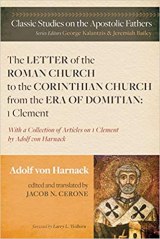
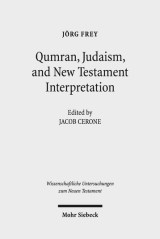
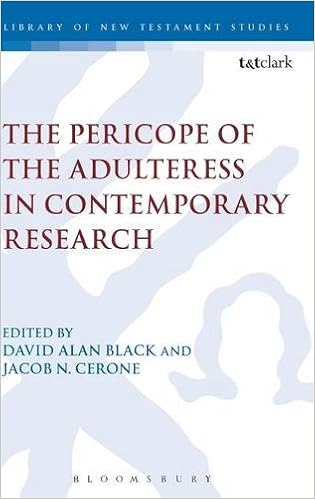

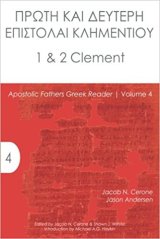
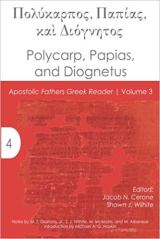
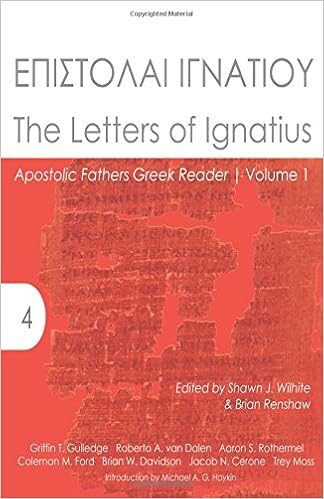
Pingback: Sin in Micah | ἐνθύμησις